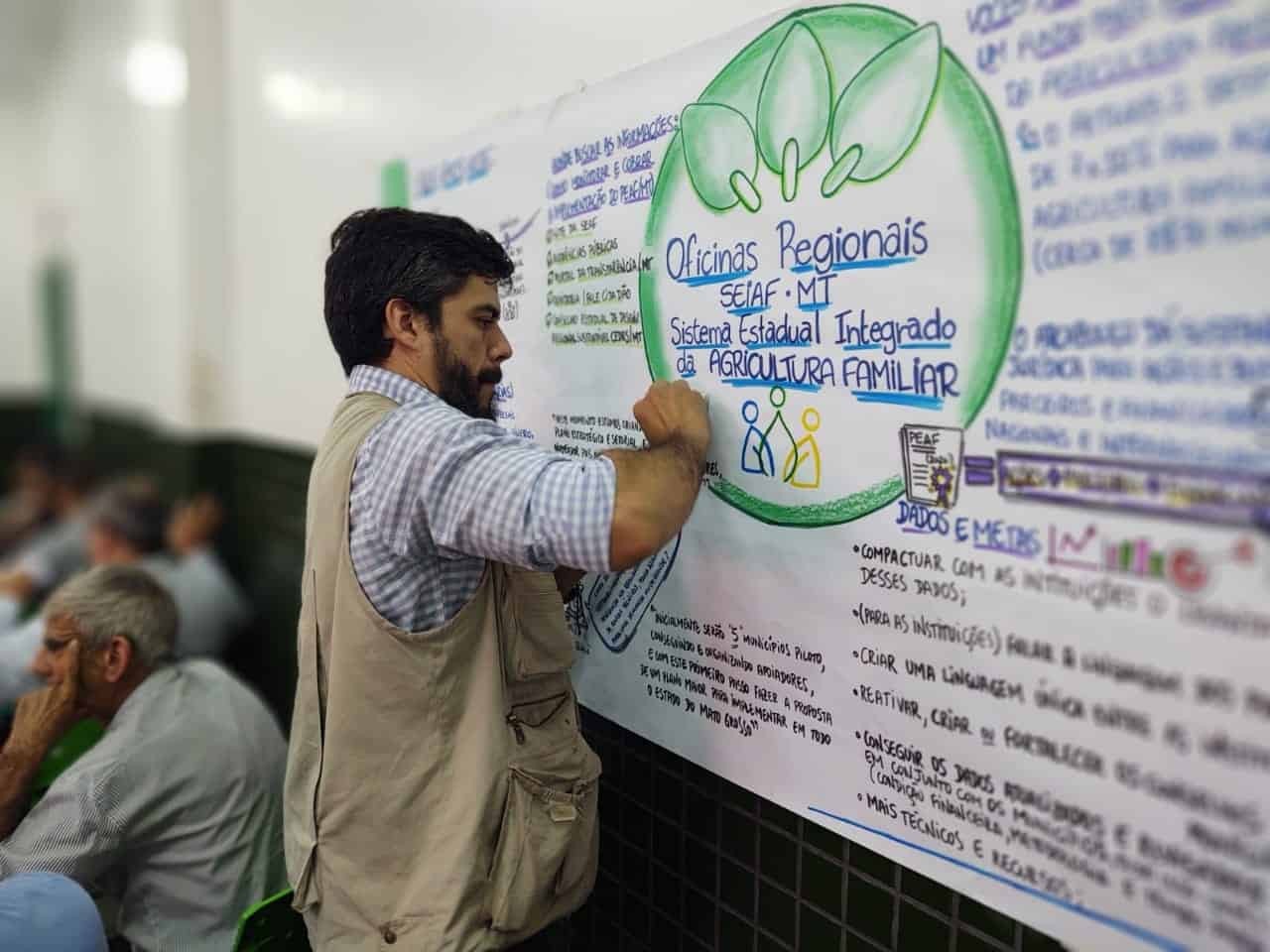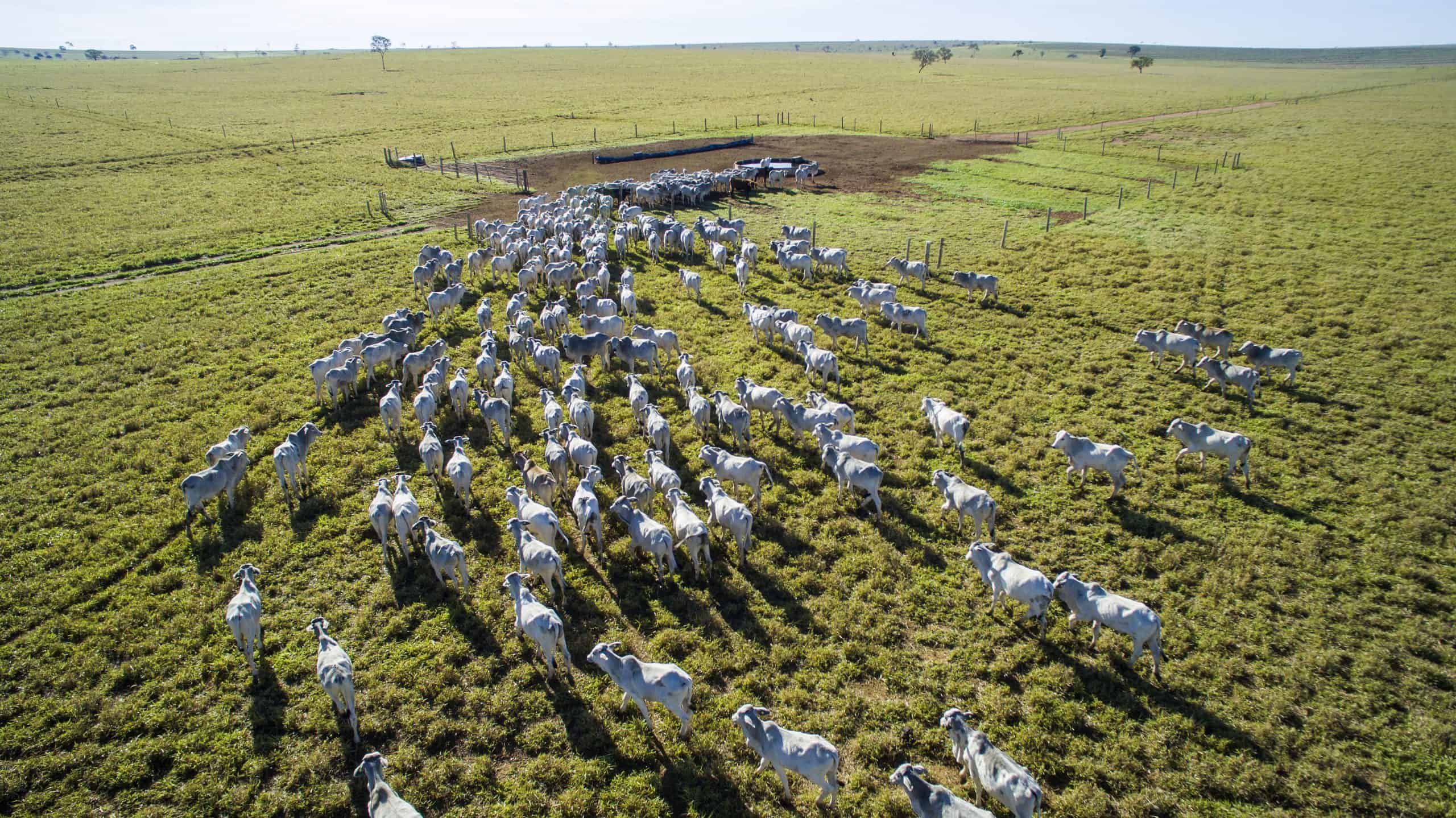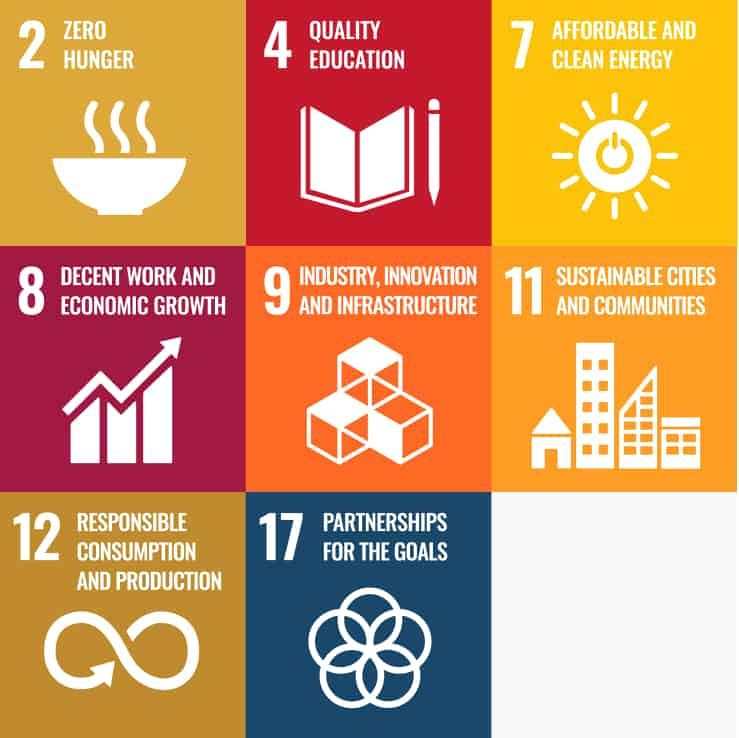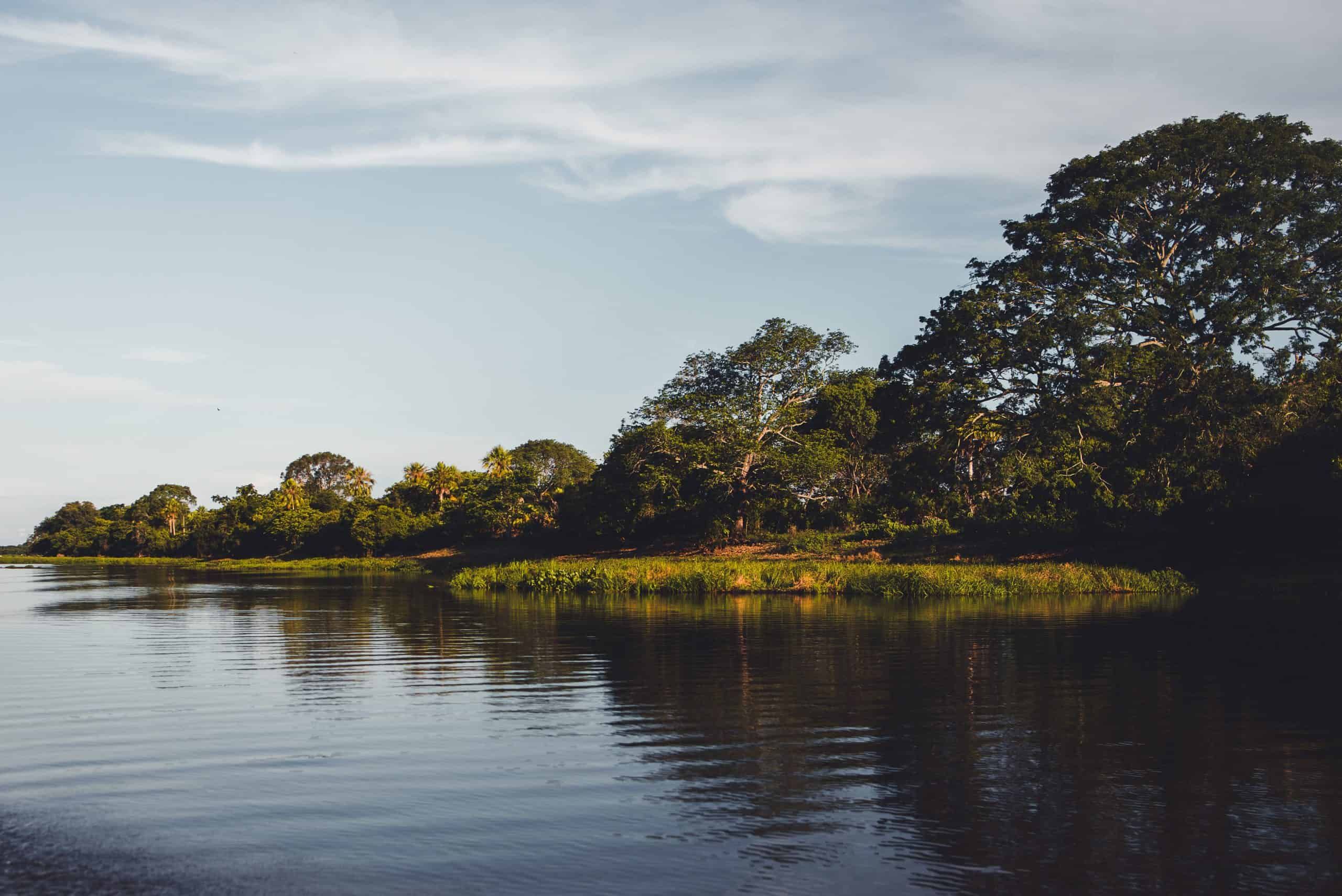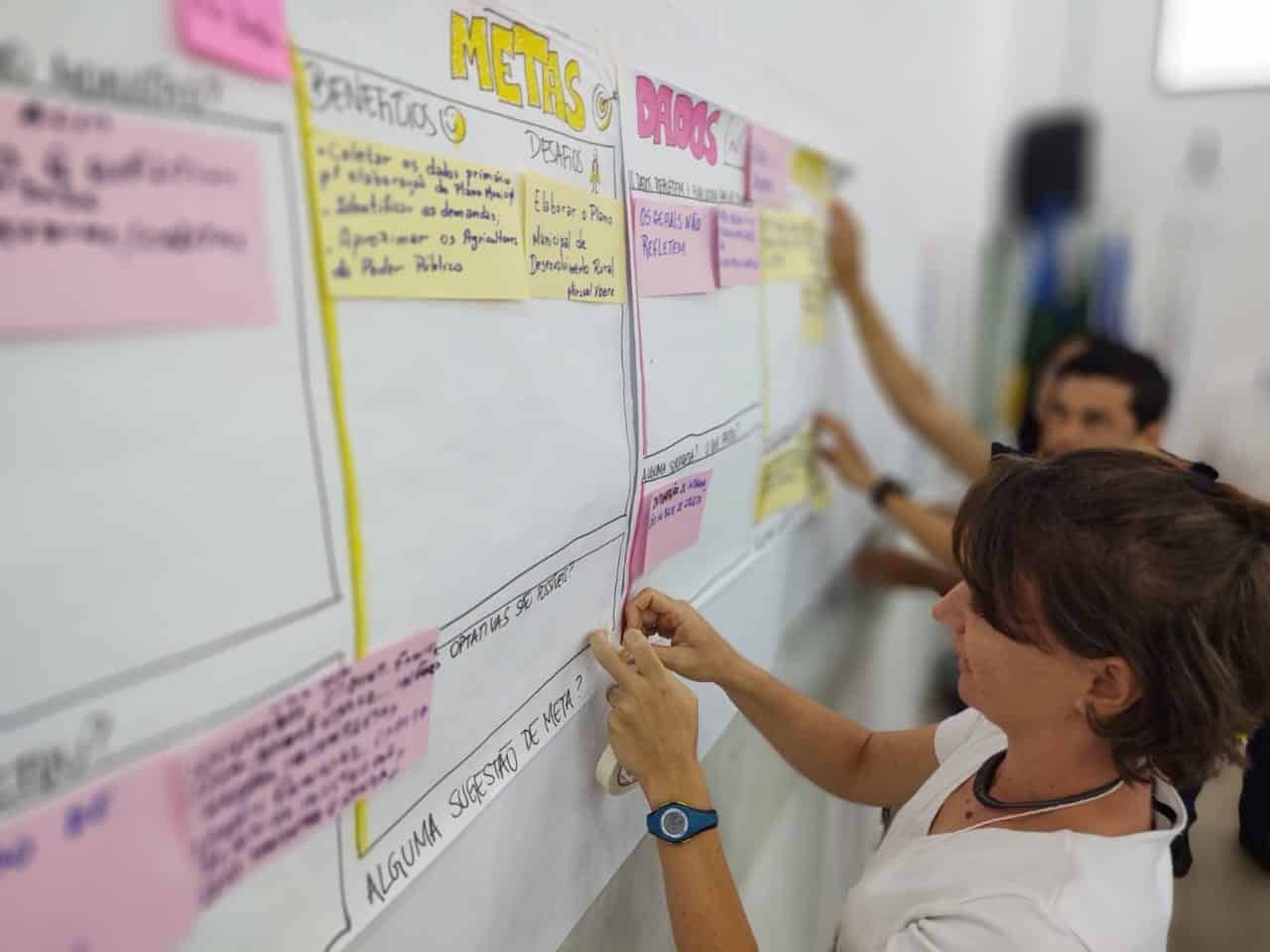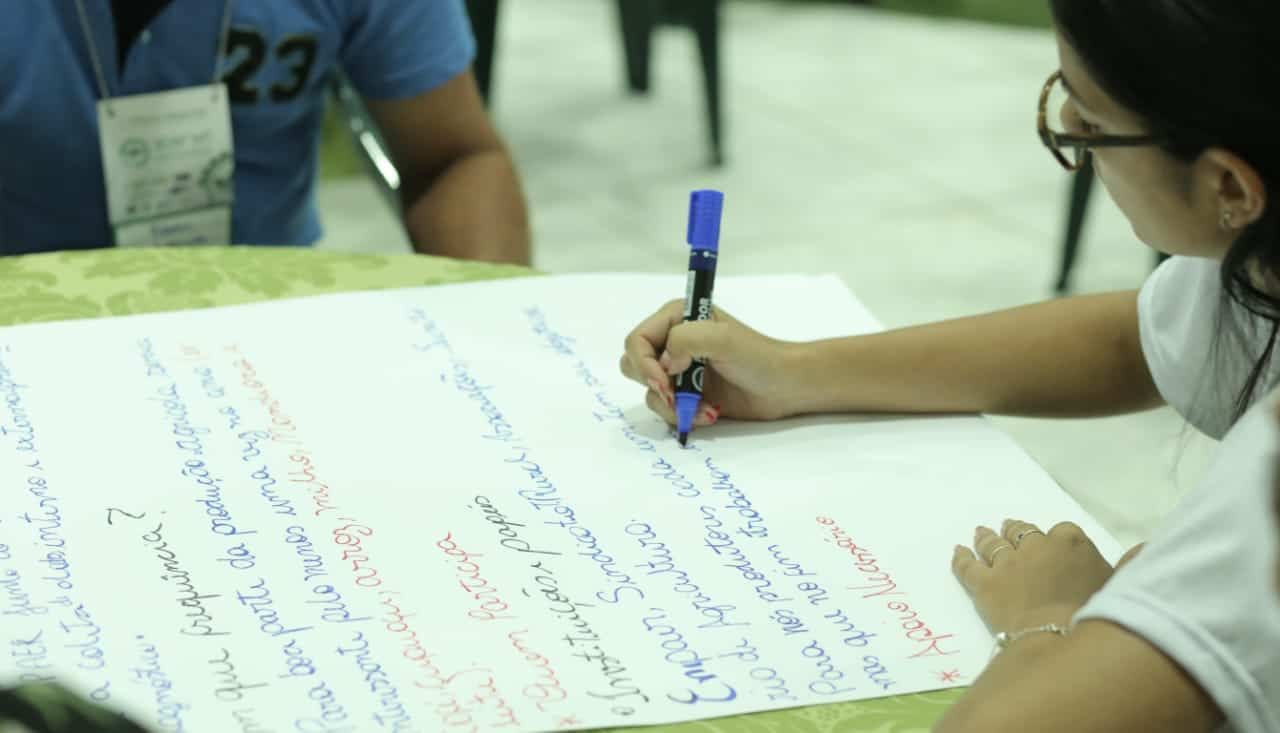Main Navigation
Mato Grosso State, Brazil
Overview
Mato Grosso’s Green Growth Strategy – Produce, Conserve and Include – drives the state’s mission to address environmental and social challenges with green economy principles.
With economic growth linked to a large agricultural sector, the Brazilian state of Mato Grosso is now working towards increasing the added value of agriculture commodities through processing. This corresponds with efforts to also reduce the environmental challenges associated with this growth, and combat significant social issues, such as poor working conditions and uneven income distribution.
Mato Grosso State has thus focused on new economic activities and technologies to rehabilitate its natural resource base. In 2015, Mato Grosso launched the strategy Produce, Conserve and Include (PCI), aiming to increase production; encourage added value through agriculture commodities processing; achieve international standard labels; conserve natural resources; and promote inclusion for families in rural settlements, traditional, and vulnerable communities.
And, with these goals, Mato Grosso joined PAGE in 2016, prioritizing the generation of green employment opportunities and poverty eradication. Thematic and sectoral reforms have since been pursued in a variety of priority areas, including agriculture, agro-industry, tourism, renewable energy, land regularisation and green jobs.
Sustainable Development
These activities contribute to the achievement of SDGs 2 (Zero Hunger), 4 (Quality Education), 7 (Affordable and Clean Energy), 8 (Decent Work and Economic Growth), 9 (Industry, Innovation and Infrastructure), 11 (Sustainable Cities and Communities), 12 (Responsible Consumption and Production) and 17 (Partnership for the Goals).
COVID-19 and Green Recovery
Mato Grosso submitted a proposal for green recovery support, approved in November 2020, particularly targeting family agriculture, which accounts for 51% of its workforce. PAGE’s green recovery support, underway as of 2021, will green the government’s ‘State Plan for Family Agriculture’, which aims at putting in place economic incentives and inclusive sectoral policies and plans that promote “leave no one behind”, innovation, climate change resilience, and biodiversity conservation.
This includes assessing the socio-economic impacts of COVID-19 on family agriculture and small farm production, particularly for vulnerable groups, facilitating financial access for small farmers, and developing a land-use management system for rural settlements. The creation and roll-out of a communication campaign will also be included in this work to increase awareness of the multiple benefits of a green recovery in the agriculture sector and to help establish an integrated training programme for the development of resilient business models in the agriculture sector that are aligned with green economy principles.
PAGE Milestones
- 2016
PAGE support to Mato Grosso starts in the context of the State’s PCI Strategy
State Steering Committee established (reconfigured in 2019 following restructuring of state government)
- 2017
Green economy stocktaking study conducted
- 2018
Logical framework finalised in collaboration with government, academia and private sector
Participatory Municipal Development Master Plans developed
- 2019
Operational guidelines on electronic tools for monitoring family agriculture completed
Renewable Energy Development Strategic Plan finalised
Guidelines for the standardisation and certification of Sustainable Tourism Products finalised
Cultural heritage and urban analysis of the Historic Centre of the city of Cuiabá completed
Methodology and Guidelines for the Implementation of the Participative Municipal Development Master Plans finalised
- 2020
Two workshops on the State Government Integrated Family Farming System held
Four workshops held in the Municipality of Salto do Céu to guide preparation and implementation of the Participatory Master Plan for Municipal Development
Salto do Céu Participatory Master Plan for Municipal Development adopted
Assessment of Green Economy Learning Needs for Mato Grosso Training Institutions completed
Sustainable Management Plan for the Historic Center of Cuiabá developed
Diagnostic of Socio-economic, Productive and Environmental Factors of the Vale do Mangaval Rural Settlement in Cáceres-MT completed
Opportunities for Employment and Income Generation based on projections of an input/output table of the economic profile of Mato Grosso completed
Training workshop for the private sector on sustainable tourism guidelines
Progress in 2020: A Snapshot
Planning for renewable energies
Collaborating with the Foundation for Support and Development of the Federal University of Mato Grosso (Uniselva Foundation), PAGE […]
Collaborating with the Foundation for Support and Development of the Federal University of Mato Grosso (Uniselva Foundation), PAGE assessed the potential for the generation and use of biomass and solar energy sources in Mato Grosso with a study finalized in August 2019. This led to the Strategic Plan for the Development of Renewable Energy in Mato Grosso, which officially launched in September 2020. The Plan will serve as the basis for the State Government Renewable Energy Policy.
Enhancing family agriculture
Building on work from 2019, two workshops were held on the State Government Integrated Family Farming System (e-SEIAF) electronic tool […]
Building on work from 2019, two workshops were held on the State Government Integrated Family Farming System (e-SEIAF) electronic tool in January 2020. Set in Pontes e Lacerda and Cuiabá with 68 and 87 participants respectively, the workshops presented the e-SEIAF tool, developed under PAGE to support the implementation of the Family Agriculture State Policy and Plan.
Additionally, the Mato Grosso Company of Information Technology (MTI) and the Mato Grosso Company of Research, Assistance and Rural Extension (Empaer) began developing an application to improve family farming properties. The app launched in September 2020, enables small producers to have a direct channel to Empaer technicians and request various services.
A future for sustainable tourism
To build-out the sustainable tourism sector in Mato Grosso, PAGE has been assisting in the development of guidelines and their subsequent application. […]
To build-out the sustainable tourism sector in Mato Grosso, PAGE has been assisting in the development of guidelines and their subsequent application. In 2019, a study was conducted, which included a preliminary diagnosis on sustainable tourism, a manual for standardisation and certification and an incentives framework for public policies. In turn, the findings are feeding the Mato Grosso State Government Tourism Policy (for finalization in 2021).
An agreement with the Brazilian Support Service for Micro and Small Enterprises-Mato Grosso (SEBRAE-MT) in 2019 is overseeing the dissemination and application of the sustainable tourism guidelines. This includes training for the public and private sector with a first workshop that took place in December 2020, and a second in January 2021.
Services for better farming
The Rural Environmental Registration (CAR), managed by the Government of the State of Mato Grosso, is a tool for farmers, aiming to make financial […]
The Rural Environmental Registration (CAR), managed by the Government of the State of Mato Grosso, is a tool for farmers, aiming to make financial and technical programmes and services, more accessible. In support of this programme, PAGE assisted with a diagnostic — Socioeconomic, Productive and Environmental Factors of the Vale do Mangaval Rural Settlement in Cáceres-MT — which was presented on 24 June 2020. The diagnostic will help to advance the development of Environmental Regularization Policy for Rural Settlements with the State Secretariat of Environment (SEMA) and will contribute to the Environmental Policy of the State of Mato Grosso.
Sustainability, tourism and historic preservation
After completing a cultural heritage and urban analysis in 2019, PAGE supported the development of a Sustainable Management Plan for the Historic […]
After completing a cultural heritage and urban analysis in 2019, PAGE supported the development of a Sustainable Management Plan for the Historic Center of Cuiabá (the state capital of Mato Grosso). The Historic Centre has important historical and cultural significance, by extension, feeding into tourism and the economy. The Sustainable Management Plan provides an instrument for the state government to conserve and safeguard the Centre and raise awareness on sustainability, natural resources, cultural heritage preservation, and local economic development. The plan will be a roadmap Mato Grosso to guide decision-making for a more sustainable and resilient city.
Sustainable municipal planning
The Participatory Municipal Development Master Plan was developed under PAGE in 2019 and to advance its implementation, PAGE held stakeholder […]
The Participatory Municipal Development Master Plan was developed under PAGE in 2019 and to advance its implementation, PAGE held stakeholder meetings with 200 participants for the municipality of Salto do Céu and surroundings.The consultations engaged a range of participants to better understand the municipal realities — from the perspectives of the Municipal Manager and the community — and subsequently plan informed socio-economic-environmental interventions.
The Participative Master Plan was then adopted in March and approved by the Salto do Céu Municipality in December 2020, becoming the Municipal Master Plan Law. The priorities of the Law will also be incorporated into the Pluriannual Plan, the Budgetary Guidelines and the Annual Budget. Salto do Céu is the first city in Mato Grosso to receive an international sustainable development programme.
Sectors for green jobs and growth
PAGE has been supporting the development of a tool to assess opportunities for generating employment and income in specific economic sectors, to […]
PAGE has been supporting the development of a tool to assess opportunities for generating employment and income in specific economic sectors, to inform policy development. Using projections, PAGE completed and presented findings showcasing sectors where the most significant opportunities for green job creation exist.
Sustainable Buildings and Construction
PAGE is supporting the State Secretariat of Cities in developing standards for smart and sustainable construction and the renovation of buildings at the […]
PAGE is supporting the State Secretariat of Cities in developing standards for smart and sustainable construction and the renovation of buildings at the subnational level. In October 2020, an initial analysis on green buildings was completed, providing research on guidelines, as well as challenges for implementing green building guidelines and recommendations for addressing them.
Green Economy learning needs assessment
The ‘Learning and Inclusive Green Economy: Building Tomorrow’s Capabilities in Mato Grosso, Brazil’ assessment was finalized, focusing on green economy […]
The ‘Learning and Inclusive Green Economy: Building Tomorrow’s Capabilities in Mato Grosso, Brazil’ assessment was finalized, focusing on green economy learning needs in Mato Grosso as well as the available training institutions, to guide the integration of green economy into curricula, develop new courses, and to inform training, such as in the family farming sector. The assessment provides an overview of existing education and professional training programmes in four priority sectors as well as bottlenecks in addressing learning needs. The study concludes with seven recommendations for action to upscale learning on green economy at strategic points in the State’s education system, such as developing tailored seminars for graduate students to complement economics and sociology curricula.

